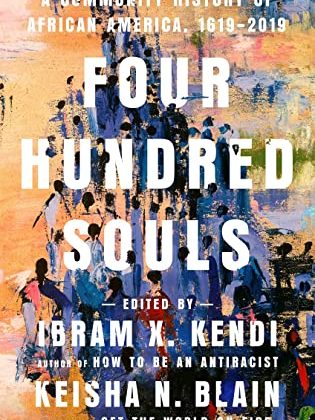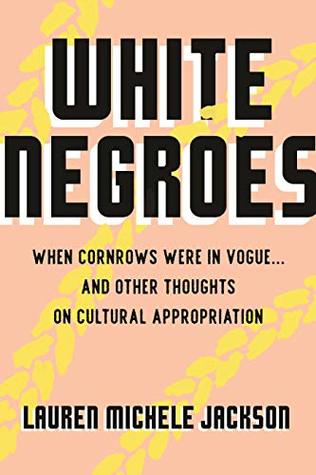
Strange Frequencies by Peter Bebergal
I picked up Strange Frequencies for RIP's Peril of the Real. When it comes to fiction, I stay in the mystery aisles most of the time. Nonfiction, however, can be about anything. I can't say that I was really interested in the intersection of technology and the supernatural, but I can find most topics interesting and learn fascinating bits and pieces, especially when the writer/speaker presents it well.
Bebergal covers a wide variety of topics, from golems to seances to electronic voice phenomena and he does it from the view of maybe a hopeful skeptic. He researches, but he also experiments. He talks about the history around certain devices or myths and contacts, when possible, experts. He also goes to the seance, tags along with the photographer, builds a Tesla radio, uses his dad's old tape recorder.
My one complaint is that it jumps from topic to topic. I would have liked there to be more to it, not just...



